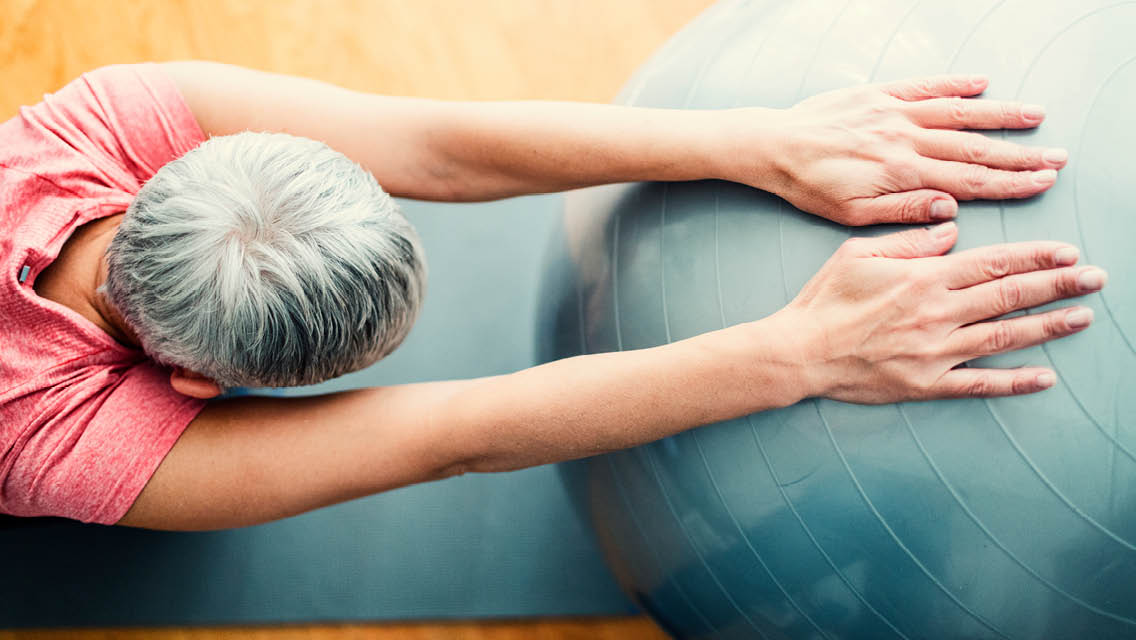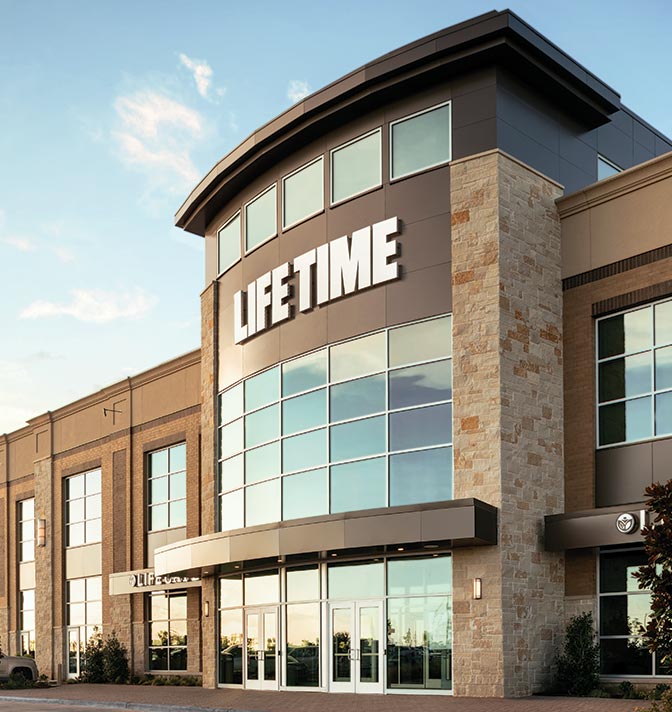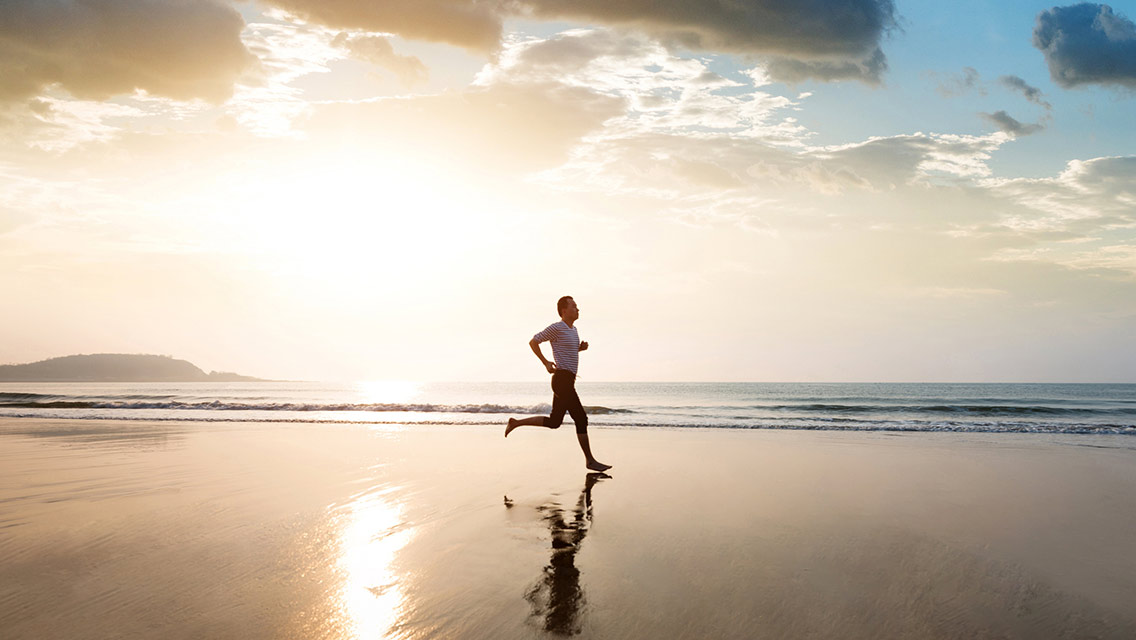Seeking more purpose in your life? Regular physical activity could be instrumental.
Want to exercise more regularly? Engaging in a purposeful life may be key.
It’s a seemingly paradoxical relationship — exercise promotes purpose; purpose motivates exercise. But recent research suggests the two forces may align.
Plenty of studies have shown how exercise boosts mood and how people with an upbeat attitude tend to work out more often than their less-positive counterparts. But Ayse Yemiscigil, PhD, a postdoctoral researcher who studies well-being at Harvard’s Human Flourishing Program, wondered whether purpose and exercise might combine to create a similarly reciprocal effect.
A sense of purpose, she tells the New York Times, is your driving force: “Active people often talk about how exercise gives structure and meaning to their lives. It provides goals and achievements.”
To test her hypothesis, Yemiscigil and her colleague Ivo Vlaev, PhD, a behavioral scientist at England’s University of Warwick, analyzed data on 14,159 participants in the University of Michigan’s Health and Retirement Study, an ongoing longitudinal report on the lives and attitudes of Americans 50 years old and older.
The respondents were questioned about their sense of purpose and activity levels at the beginning of the survey and again four years later. The researchers then enlarged their sample by comparing that data with the responses of another 4,014 participants in a different study, looking specifically at patterns of movement and meaning over the course of nine years.
After controlling for factors including respondents’ weight, income, education, and mental health, they found that the benefits of exercise and purpose worked reciprocally. Participants who were physically active at the beginning of the study reported developing a more meaningful life as the years went on, and those who said they were living meaningful lives gradually became more physically active.
The study relied on subjective reporting of purpose and activity, which can skew results, and the findings show only an association between the two, not a causal link. Still, Yemiscigil believes the results are meaningful.
“It was especially interesting to see these effects in older people, since many older people report a decreasing sense of purpose in their lives, and they typically have low rates of engagement in physical activity.”
This article originally appeared as “The Reciprocal Relationship Between Exercise and Purpose” in the November 2021 issue of Experience Life.






This Post Has 0 Comments